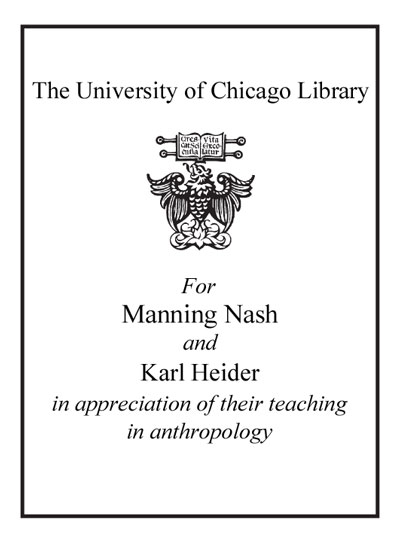Review by Choice Review
The canonical history of modern sociocultural anthropology ordinarily begins with the field research and writings of Bronisław Malinowski and the structural-functional theory of A. R. Radcliffe Brown. The 19th-century evolutionists, such as Edward Burnett Tylor and James George Frazer, are admitted as precursors, but the fieldworkers who preceded Malinowski are usually acknowledged only by dismissal, with the possible exception of Lewis Henry Morgan in the US. The introductory and concluding chapters in this collection explore the historical and disciplinary contexts of this dismissal. Each of the intervening 12 chapters reevaluates a neglected ethnographic text and its author dating between 1870 and 1922, a period rich in valuable fieldwork. The restoration of these neglected ethnographers and their work is intended to break the artificial barrier that excludes them from the post-Malinowski canon. Unsurprisingly, these rejected ancestors include women, Indigenous experts, non-Europeans, nonprofessionals who nevertheless spent years among the people they wrote about, and recognized theoreticians whose ethnographic work was ignored. This volume, its contributing authors, and the fieldworkers and ethnographies they restore constitute a creative, necessary resistance to iconoclastic, postcolonial assaults on anthropology. Summing Up: Highly recommended. Advanced undergraduates through faculty; professionals. --Riva Berleant-Schiller, emerita, University of Connecticut
Copyright American Library Association, used with permission.
Review by Choice Review

